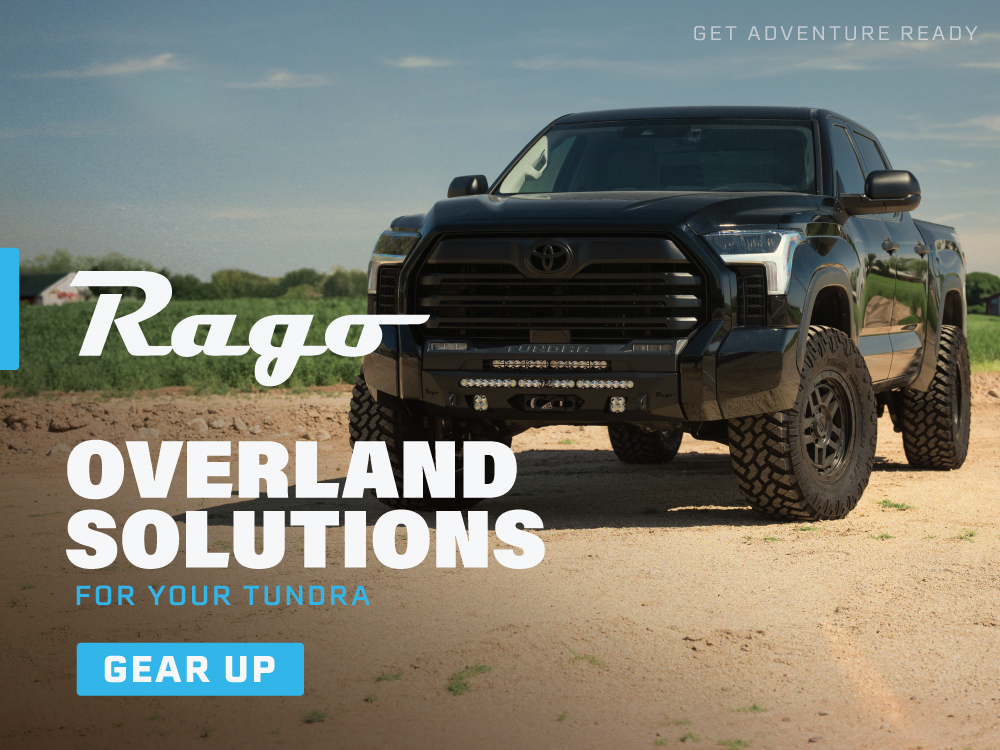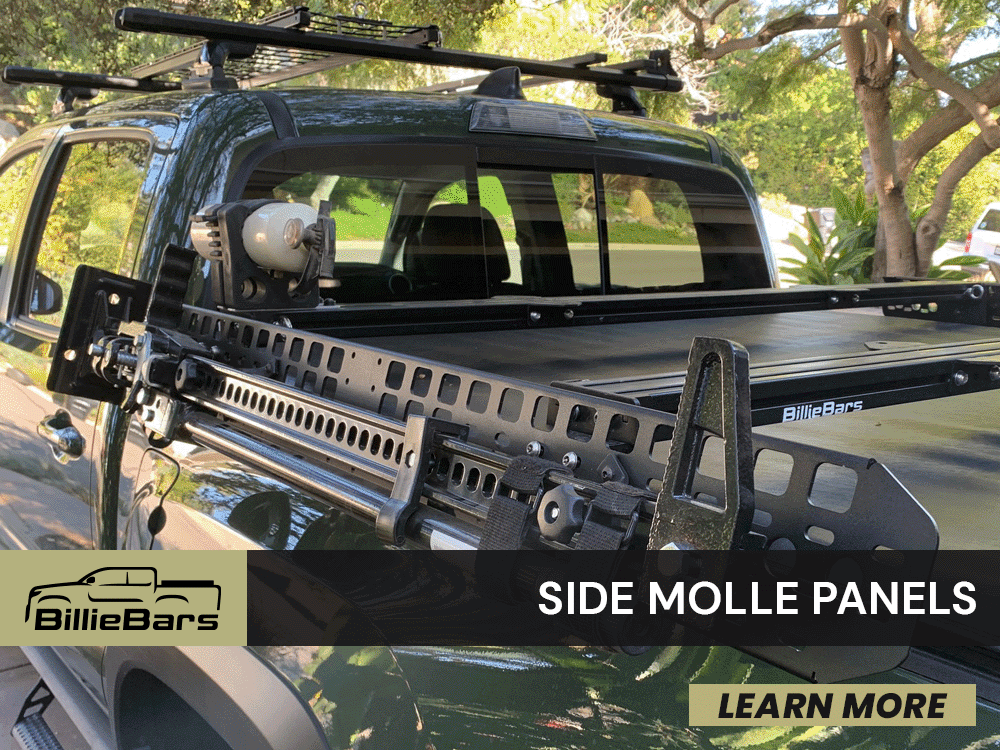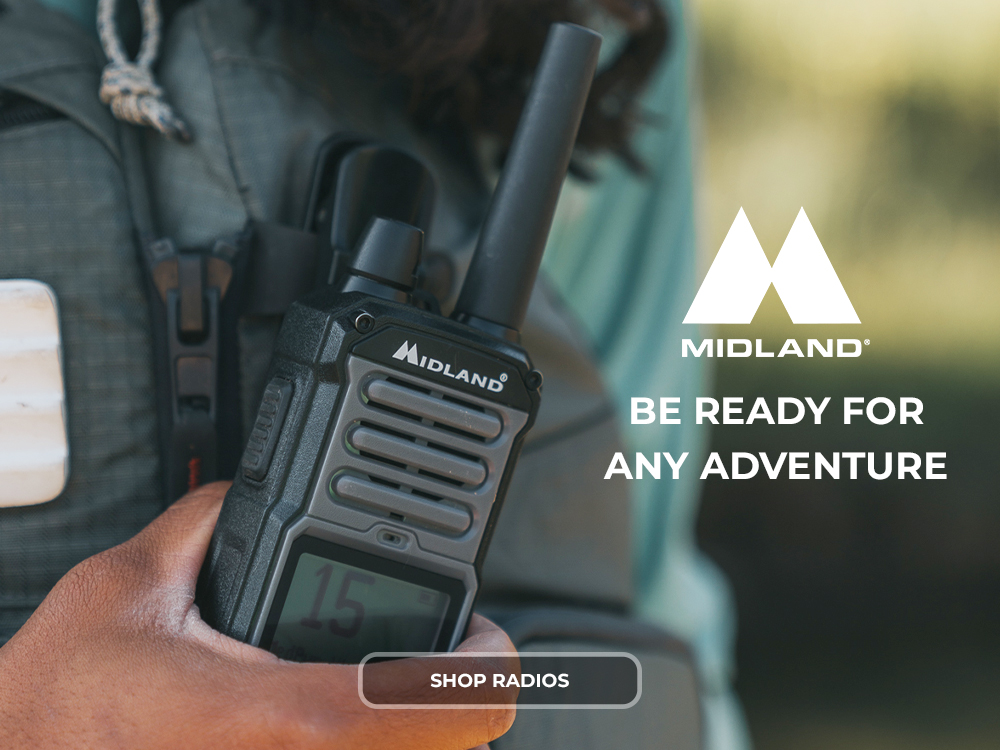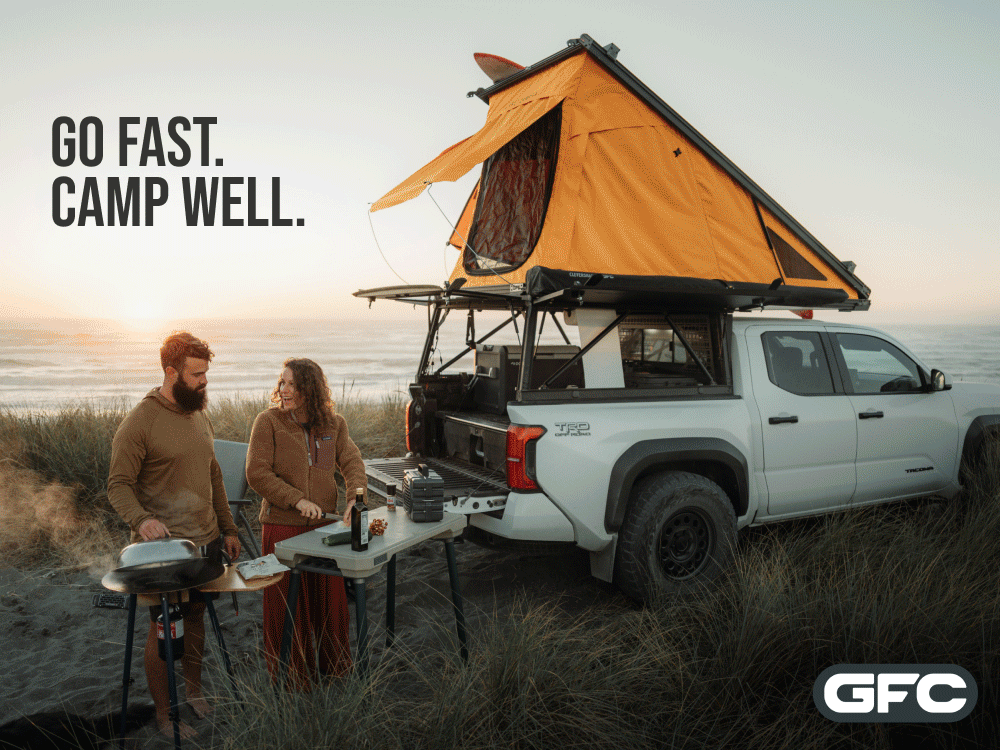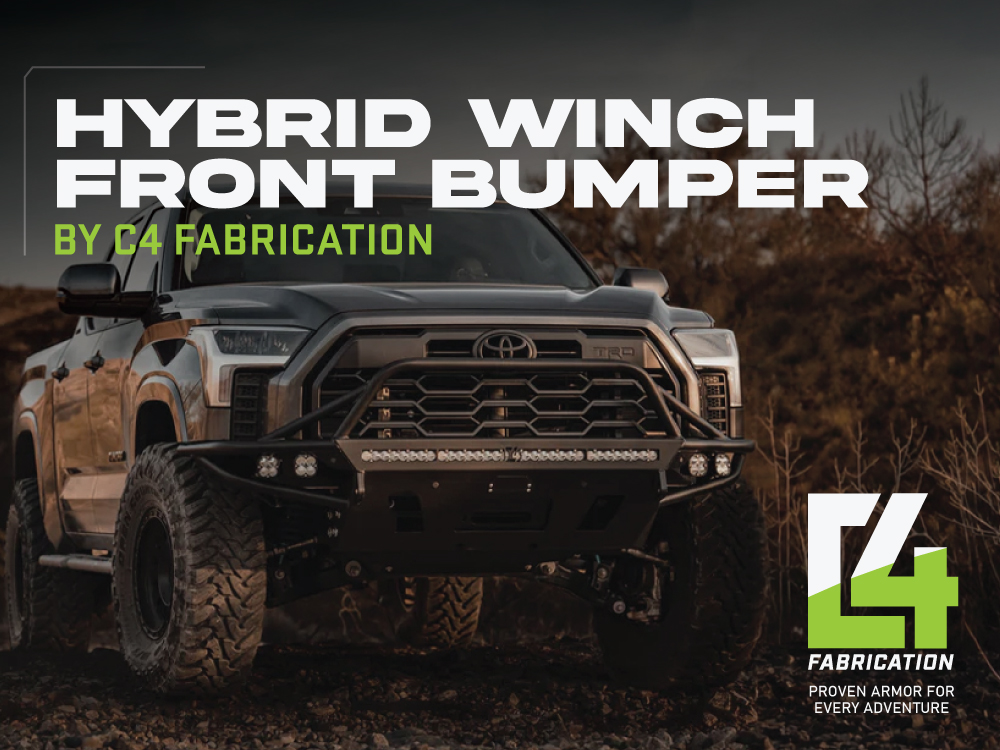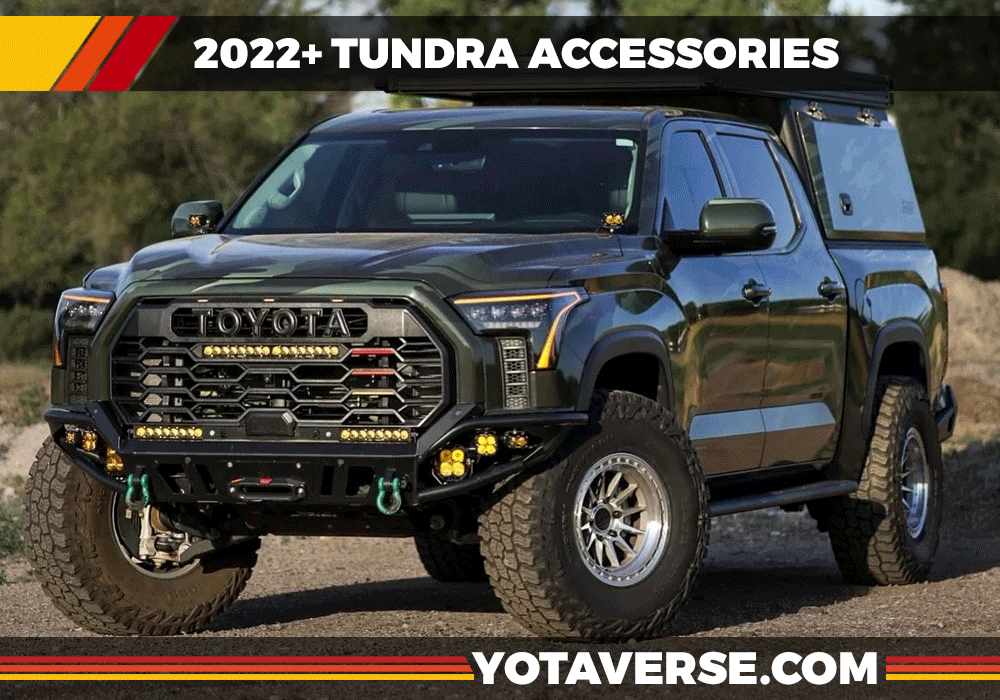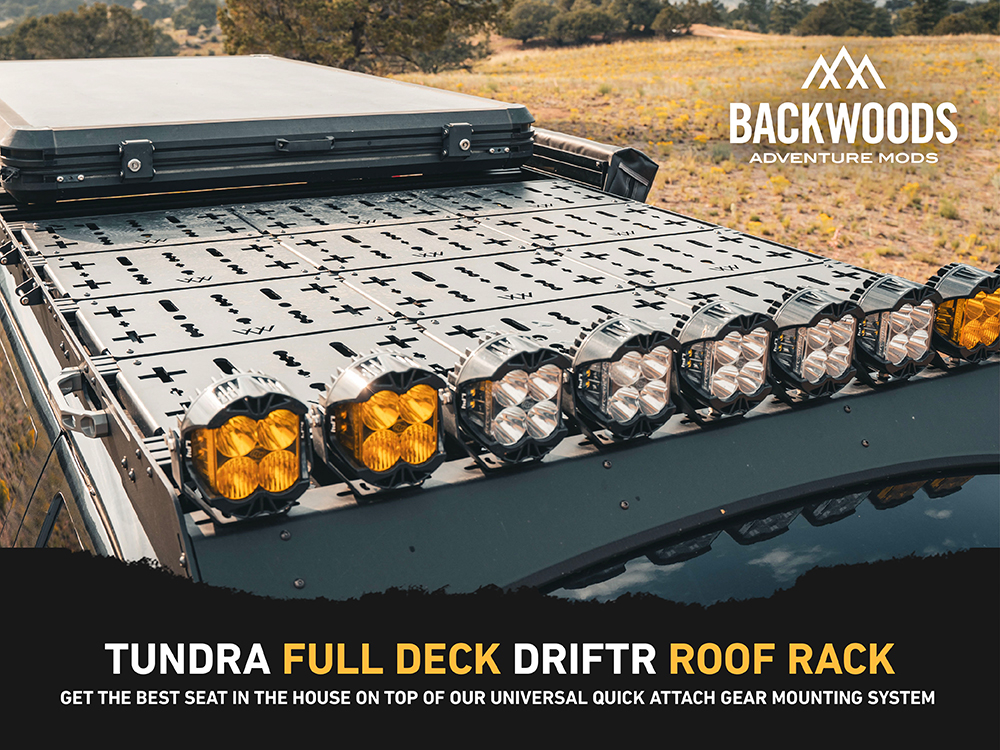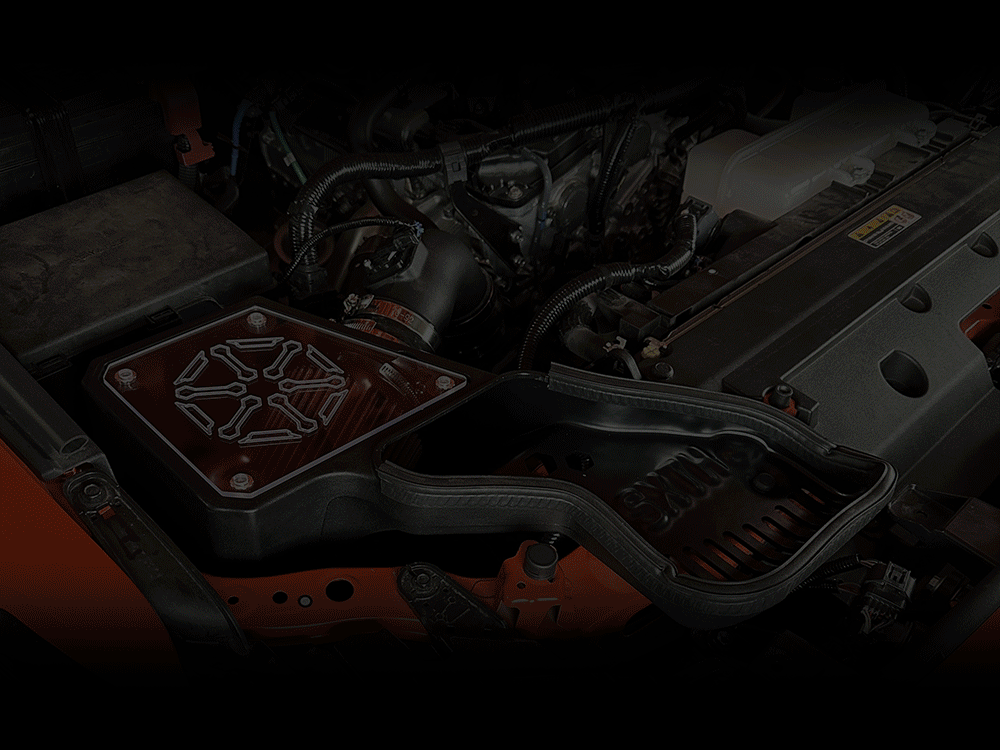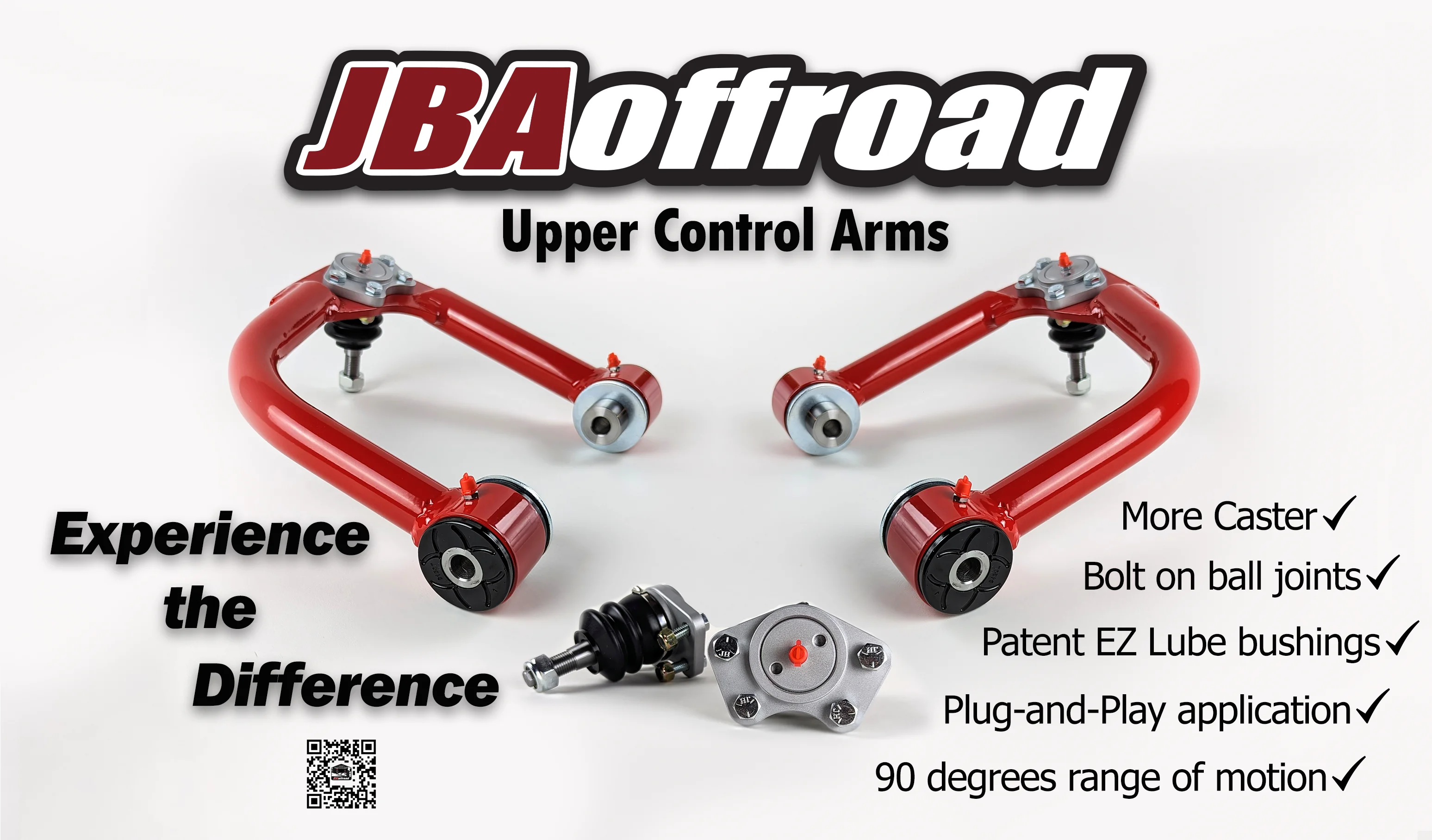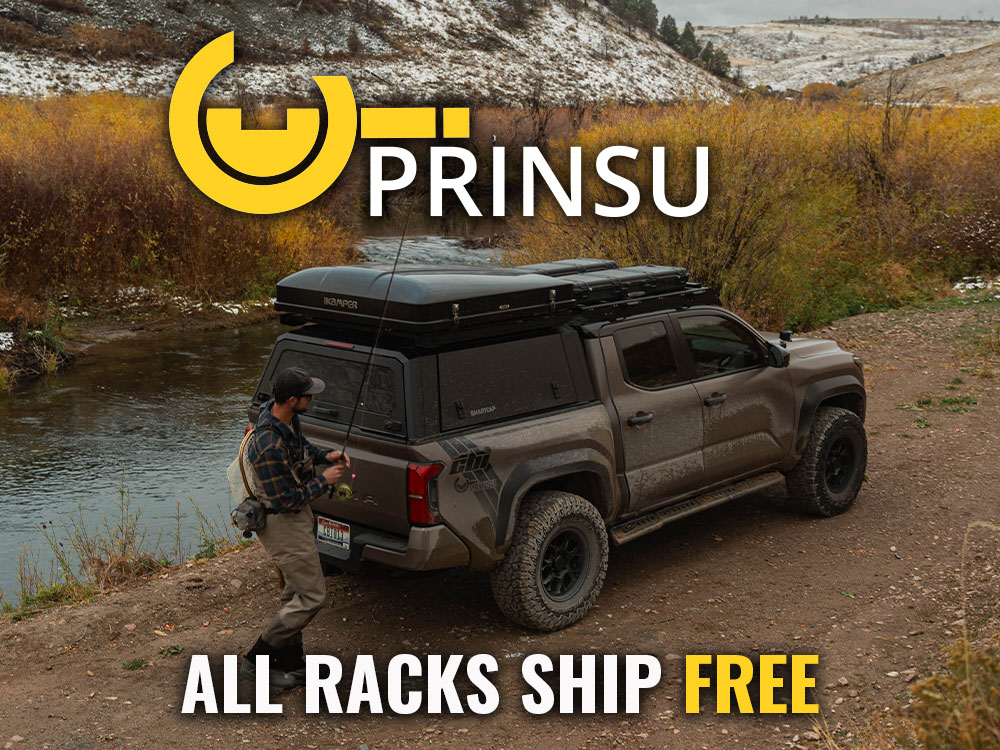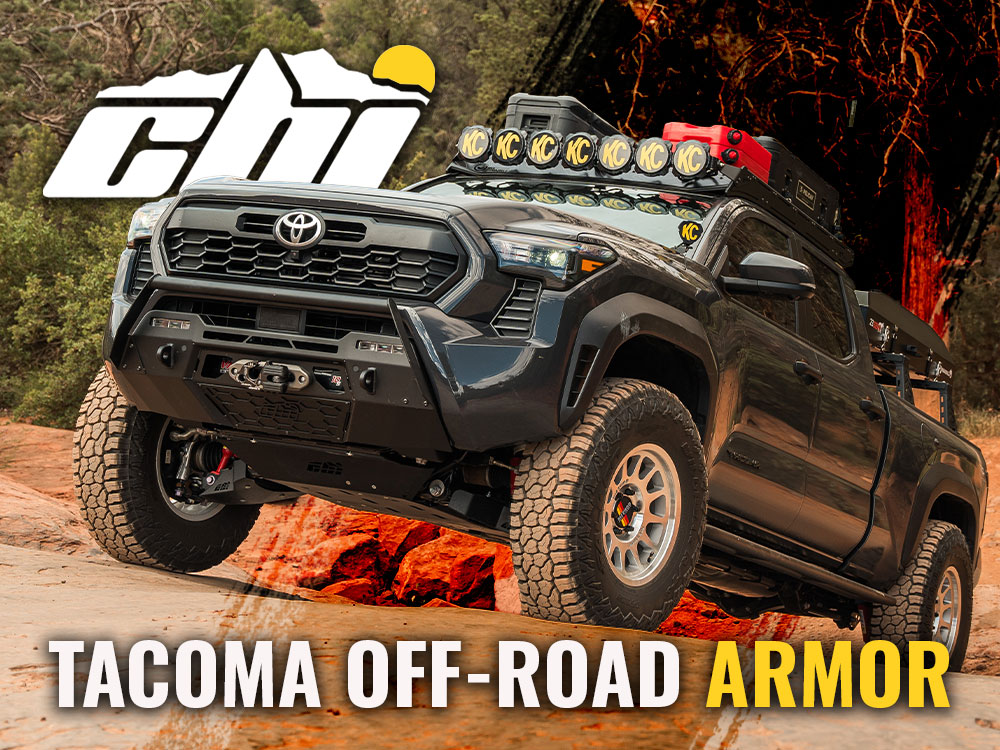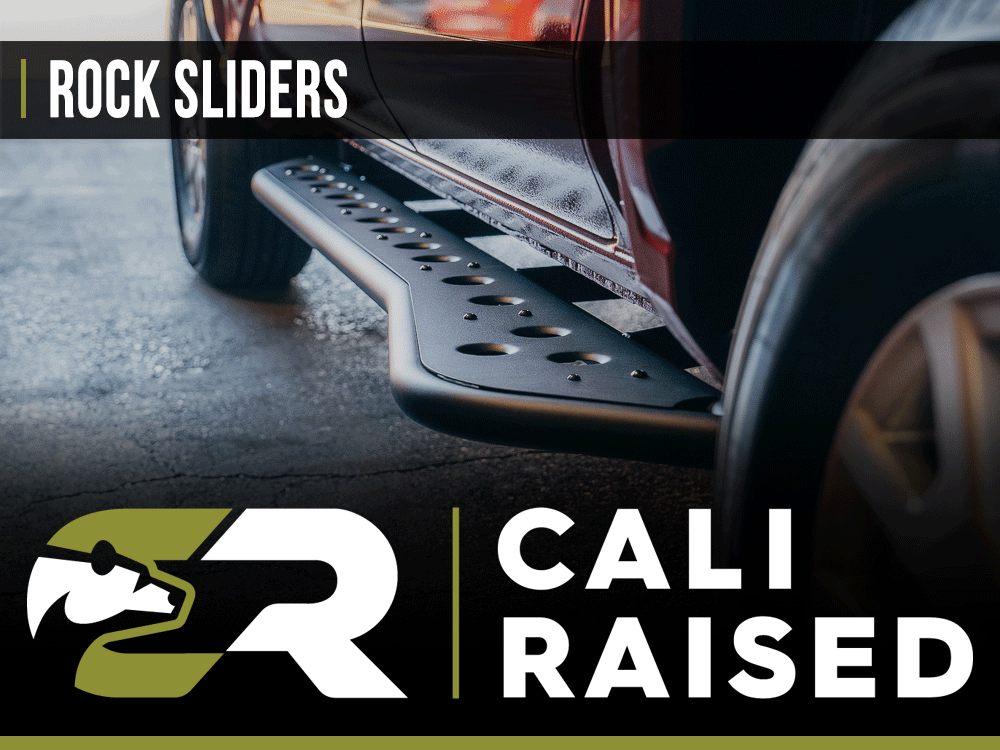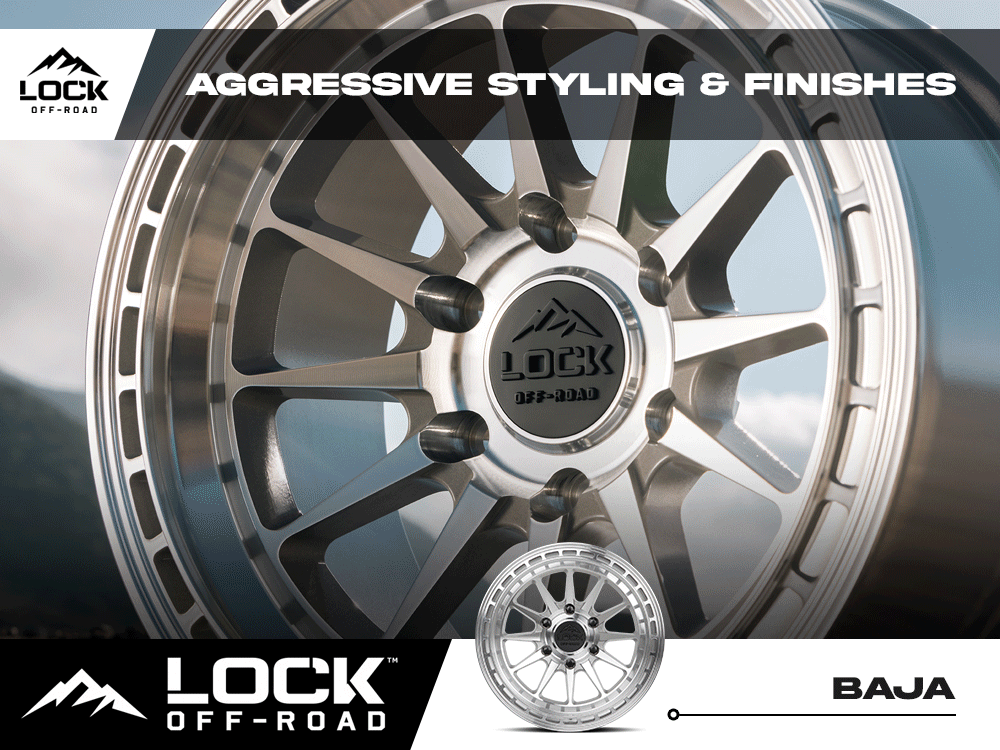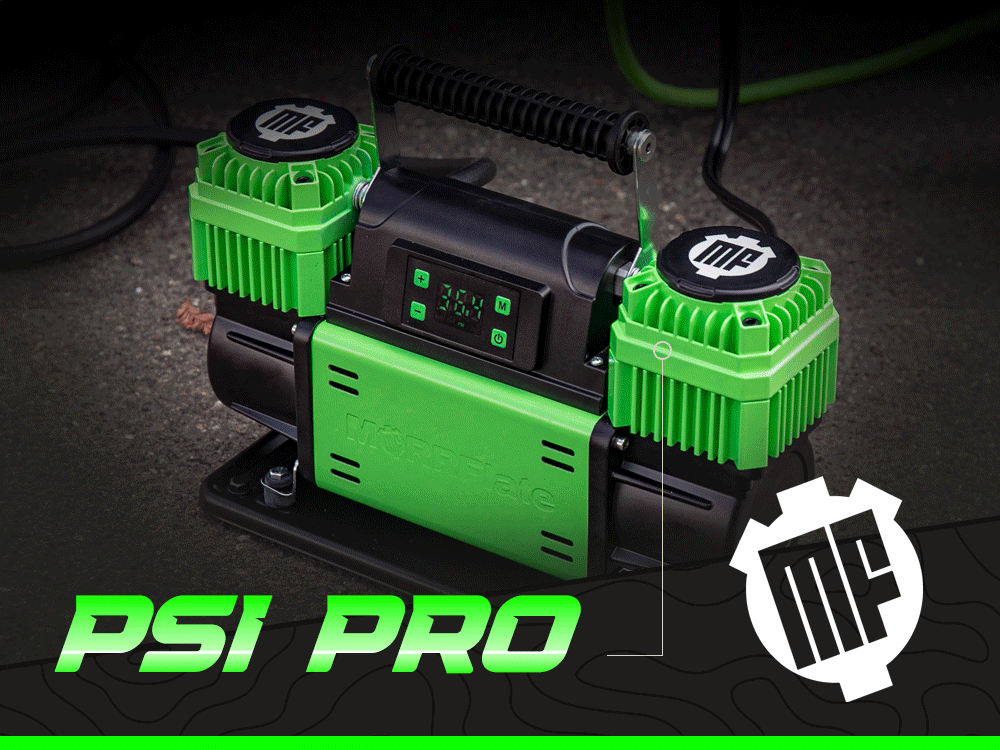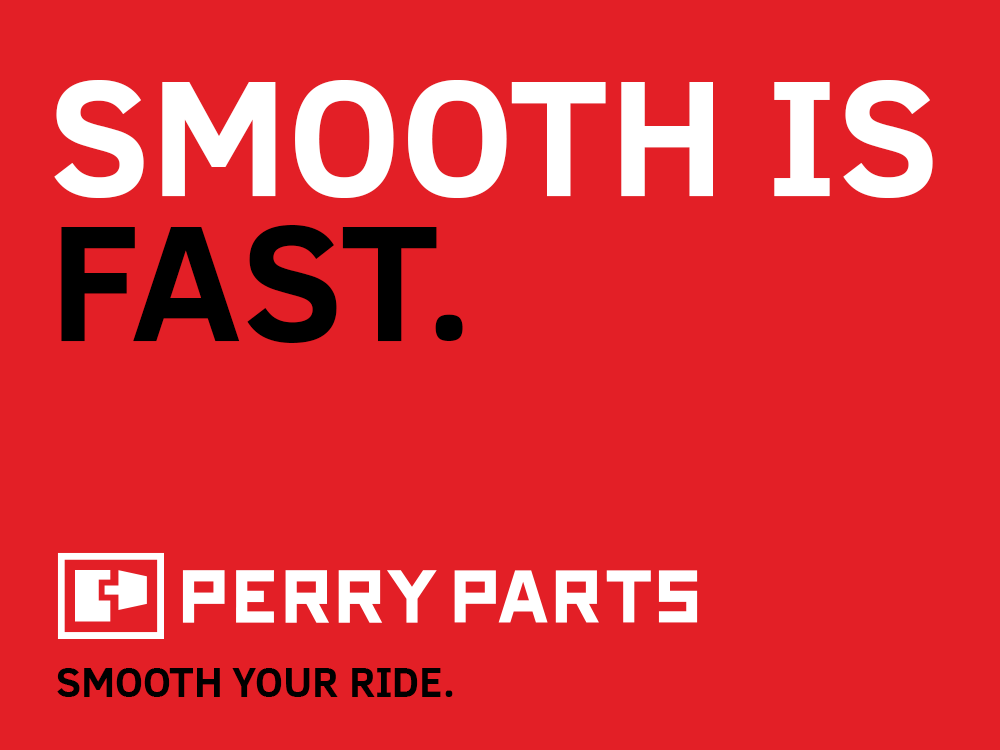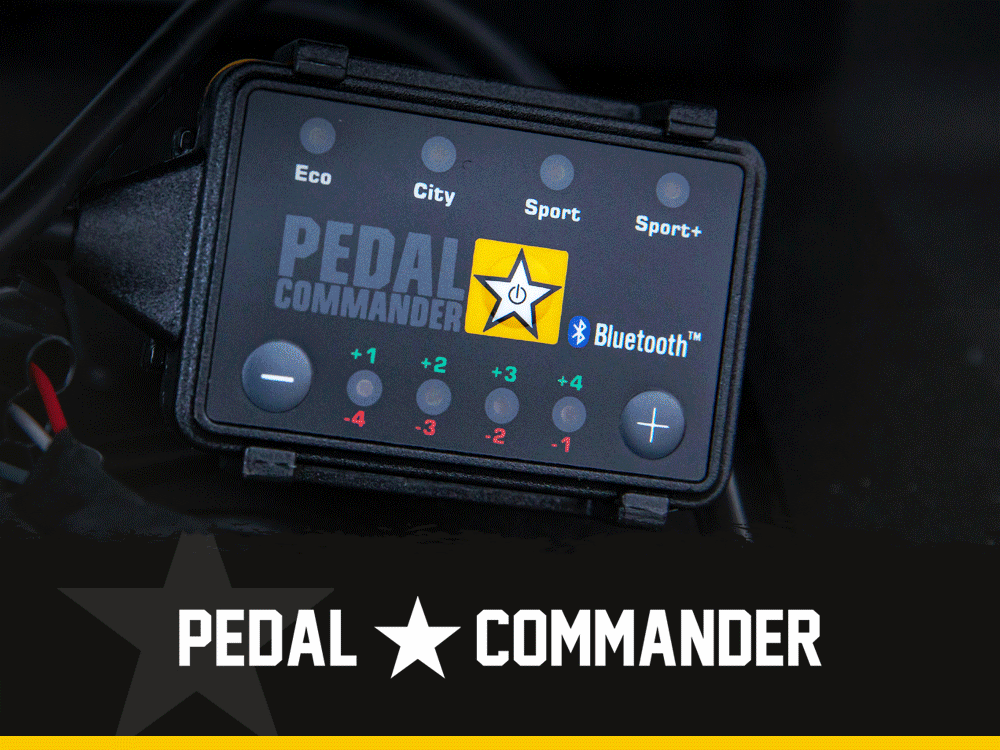TRDLEGACY
Member
- Joined
- Mar 28, 2025
- Messages
- 72
- Reaction score
- 4
- Location
- SoCal
- Website
- www.instagram.com
- IG Page
- Visit Instagram
- Tundra
- 2023 TRD Off Road SR5 4X4
If you’ve upgraded to 35” or 37” tires on your 3rd Gen Tundra—or you’re thinking about it—one question is bound to come up:
Do I need to re-gear?
I’ve been running 35s on my Army Green 3rd Gen for a while now, and I’ve done tons of research, had plenty of trail time, and talked to dozens of other Tundra owners who’ve made the same move. Here’s my take on the pros, cons, and things to consider before re-gearing your rig.
Why Bigger Tires Affect Gearing
Let’s start with the basics. When you go up in tire size, you’re effectively increasing the final drive ratio, which impacts acceleration, fuel economy, shift points, and towing performance. The truck has to work harder to move those bigger tires, especially from a stop or when climbing.
Stock Tundras usually come with 3.31 or 3.91 gears depending on the trim. That works fine for stock 32” tires, but once you go to 35s or 37s, your powerband shifts, and the engine doesn’t feel as responsive unless you compensate with lower gearing.
My Experience on 35s Without Re-Gearing
Let’s be honest—you can drive a 3rd Gen Tundra with 35s on stock gears, and it’ll get the job done. I’ve done everything from daily driving to highway cruising to trail work on mine. But… you’ll definitely feel it.
Here’s what I noticed without a re-gear:
The Case for Re-Gearing
Here’s what re-gearing fixes:
Restores factory-like performance with bigger tires
Improves throttle response & shift behavior
Reduces transmission stress and overheating
Can improve MPG at cruising speeds
Essential for towing with 35s+
For most 35” setups, 4.88 or 5.29 gears are common choices. For 37s, 5.29s or even 5.71s are often recommended, especially if you’re fully loaded with armor, rack, and gear.
Re-gearing isn’t cheap—you’re looking at $2,000–$3,000+ including parts and labor. But it’s a long-term investment in your drivetrain’s performance and reliability.
Other Considerations Before Re-Gearing
ECU Tuning: After re-gearing, many drivers opt for a tune to correct shift points and speedometer calibration.
Locker Upgrades: Some take the opportunity to add lockers while doing gears—especially for serious trail rigs.
Daily Use vs Trail Use: If your rig is mostly a pavement princess, you might delay re-gearing. But if you hit trails or tow regularly, it’s well worth it.
What I’m Planning Next
For now, I’m still running 35s on stock gears, but I can tell it’s only a matter of time. Once I add more weight (bumper, winch, sliders), I’ll likely go with 5.29s. That’ll bring my Tundra back to life on-road and give me the control I want off-road.
Final Thoughts
Re-gearing isn’t mandatory with 35s—but it makes a huge difference. If you’re running 37s or towing often, I’d say it’s necessary. Think of it as a foundational upgrade that improves how your entire truck feels, drives, and performs.
Don’t let cost scare you—it’s an investment in making your Tundra feel like it should, even after serious tire and suspension upgrades.
#3rdGenTundra #ToyotaTundra #RegearLife #35sOr37s #OffRoadBuild #OverlandRig #BuiltNotBought #ArmyGreenTundra #GearRatioMatters
Do I need to re-gear?
I’ve been running 35s on my Army Green 3rd Gen for a while now, and I’ve done tons of research, had plenty of trail time, and talked to dozens of other Tundra owners who’ve made the same move. Here’s my take on the pros, cons, and things to consider before re-gearing your rig.
Why Bigger Tires Affect Gearing
Let’s start with the basics. When you go up in tire size, you’re effectively increasing the final drive ratio, which impacts acceleration, fuel economy, shift points, and towing performance. The truck has to work harder to move those bigger tires, especially from a stop or when climbing.
Stock Tundras usually come with 3.31 or 3.91 gears depending on the trim. That works fine for stock 32” tires, but once you go to 35s or 37s, your powerband shifts, and the engine doesn’t feel as responsive unless you compensate with lower gearing.
My Experience on 35s Without Re-Gearing
Let’s be honest—you can drive a 3rd Gen Tundra with 35s on stock gears, and it’ll get the job done. I’ve done everything from daily driving to highway cruising to trail work on mine. But… you’ll definitely feel it.
Here’s what I noticed without a re-gear:
- Throttle response is noticeably lazier, especially from a stop.
- MPG dropped by about 2–3 mpg compared to stock.
- Transmission hunts more, especially on inclines or when towing.
- Cruise control performance drops, especially in hilly terrain.
The Case for Re-Gearing
Here’s what re-gearing fixes:
Restores factory-like performance with bigger tires
Improves throttle response & shift behavior
Reduces transmission stress and overheating
Can improve MPG at cruising speeds
Essential for towing with 35s+
For most 35” setups, 4.88 or 5.29 gears are common choices. For 37s, 5.29s or even 5.71s are often recommended, especially if you’re fully loaded with armor, rack, and gear.
Re-gearing isn’t cheap—you’re looking at $2,000–$3,000+ including parts and labor. But it’s a long-term investment in your drivetrain’s performance and reliability.
Other Considerations Before Re-Gearing
ECU Tuning: After re-gearing, many drivers opt for a tune to correct shift points and speedometer calibration.
Locker Upgrades: Some take the opportunity to add lockers while doing gears—especially for serious trail rigs.
Daily Use vs Trail Use: If your rig is mostly a pavement princess, you might delay re-gearing. But if you hit trails or tow regularly, it’s well worth it.
What I’m Planning Next
For now, I’m still running 35s on stock gears, but I can tell it’s only a matter of time. Once I add more weight (bumper, winch, sliders), I’ll likely go with 5.29s. That’ll bring my Tundra back to life on-road and give me the control I want off-road.
Final Thoughts
Re-gearing isn’t mandatory with 35s—but it makes a huge difference. If you’re running 37s or towing often, I’d say it’s necessary. Think of it as a foundational upgrade that improves how your entire truck feels, drives, and performs.
Don’t let cost scare you—it’s an investment in making your Tundra feel like it should, even after serious tire and suspension upgrades.
#3rdGenTundra #ToyotaTundra #RegearLife #35sOr37s #OffRoadBuild #OverlandRig #BuiltNotBought #ArmyGreenTundra #GearRatioMatters

